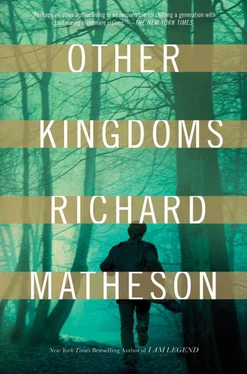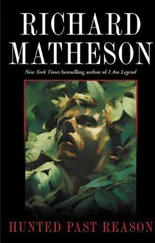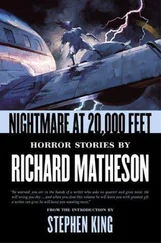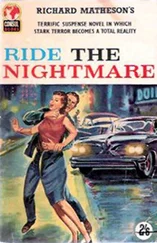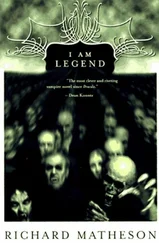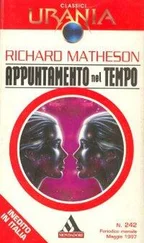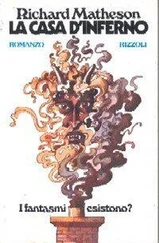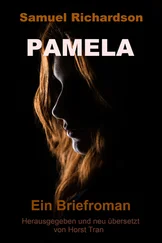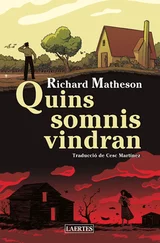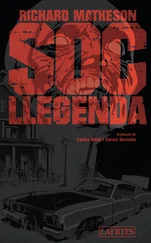“Where did you get gold ?” I asked him.
“Sent to me,” he said.
“By who?” I asked. Is it whom? I never knew.
He hesitated. Why? I wondered. Was there crime involved?
It was as though he read my mind. “I didn’t steal it, Alex,” he said.
“So?…” It still sounded mysterious to me.
“My family sent it to me,” he said after another noticeable hesitation.
“No kidding,” I said, impressed. Now I was merely curious, no longer suspicious. “They own a gold mine?”
“No.” He laughed now, off the hook. “They just—” Another hesitation—as though he was proceeding too far again. “—they know where to get it,” he told me.
Which is where? I thought. I decided not to press him any further on that. “What, coins?” I asked.
He laughed again, not forced this time. “No, a lump,” he said.
“A lump,” I said.
He nodded, smiling. “How big a lump?” I asked.
“As big as your head,” he said, straight faced. I knew he was joshing. I let the subject go. It was really none of my business. I would have liked to find out more, but obviously, Harold did not care to discuss it. Why, I found out later.
It was at that moment that hand grenades began to drop into our segment of the trench. The first exploded almost harmlessly, buried, beneath mud. Before the second one went off, Harold and I were hiding in our portion of the cave.
I should have known what it meant when Harold grunted and twitched beside me. It is no defense on my part to say that I was unaware, I could not conceive that either one of us might die. Not me, not Harold. We were invincible.
We were not, of course. I thought the cessation of grenade rain was the end of problems at that moment. How could I—I should say, why didn’t I know that Harold’s wound was mortal?
The first shocking realization of the truth hit me— hard —when I saw him lying on his back in the trench, a grimace of agony on his round face—teeth clenched and round cheeks taut, eyes almost shut, staring into nothingness. “Harold,” I said. (Was that soprano croak really my voice?) I crawled toward him.
Two of the Tommies tried to sit him up. “No, don’t !” he gasped; I didn’t know why right away. “I’m better this way,” he said. At least I think he said, his voice was virtually unintelligible. “Why?” I remember asking—stupidly, as it turned out. “Because,” he mumbled. Then I think he added, “My insides will fall out.” Whether he really said that has been another lasting curiosity in my life. It was the truth, however. A few minutes later, when a medic tried to roll him over, Harold screamed with pain and I caught a momentary (harrowing) view of his wound. All that was visible were shattered bones and torn-up, bloody intestines. The sight of that remains with me to this day.
Harold spoke my name, and I leaned over him, a constant flow of tears blurring my sight of his face.
How he managed to smile in the midst of all that excruciating pain, I didn’t know then and still don’t know. He did, though. That utterly charming smile. Even with blood trickling on his lips.
“Listen,” he managed to say, “when you go to Gatford…” Go to Gatford? I’d never brought up a suggestion of that. Still, I was not about to contradict him when he was on the pinpoint of life, the razor edge of death. “You are going there,” he said, as though reading my doubt.
“Okay,” I said. I had no intention of doing so. But my friend Harold was about to die. Should I add mental pain to his bodily anguish? Never.
“When you do,” he mumbled; he gestured with his head for me to lean over closer. I did and he whispered, “Take my gold and sell it. Buy a cottage—just avoid the middle—” He broke off, drowning in a deep, liquid breath that filled his mouth with blood. Choking, he began to cough. I tried to call the medic, but his right hand grabbed my sleeve; where he got the strength from is another mystery beyond solution. He drew me down to his blood-soaked lips. “In the bottom of my duffel bag,” he said. The last words of his life—but those perfectly clear.
I had to pry his dead fingers from my sleeve. I cried then, like a baby, not only tears but sobs; I reminded me of Veronica. I labored to my feet, falling twice, and began to stagger off from Harold’s corpse. I realized then—a true measure of the humbling impact of Harold’s death—that the same grenade explosion that had killed my friend had sliced open my right thigh and hip, soaking my trousers with blood. I didn’t faint immediately, but soon after—to regain consciousness in a field hospital. Well, there goes my lump of gold, was the first unkind comment my brain emerged with.
Which brings up the initial terra incognita of the following days. I never returned to the trench to look into Harold’s duffel bag. But in the bottom of my duffel bag, I found a lump of gold, the size of an orange. As I have reported, I am now eighty-two years old. For the last sixty-four years, I have come up with no solution to this enigma.
Another question (among many) plagued me. Avoid the middle of what ?
Thus ended my relationship with Harold Lightfoot.
I thought.
I also thought that I was never in the market for (using Harold’s word) “peregrinating” to Gatford, either for a visit or to settle down. Being so close to his awful death, I was sure (if I even considered going there) that it would constantly return to memory, the sight of his back ripped open—the white, shattered bones, the mincemeat lacerations of his organs, the puddling of gore over all of it. Visit Gatford with that at risk? Never.
In my life, “never” seems to have been a vanishing aspect of my lexicon. It should have always been, I now recognize, “Well, who the hell knows?” For who the hell knew what 1918 was to alter in the tide of events that controlled my existence? I am no unquestioning devotee of astrological observation, but for a long time, I have surrendered disbelief in what is referred to as fate. Fate seemed determined to transfer my bones to Gatford.
How?
Item One . The 1918 influenza death of my sister. She was, as you know, extremely dear to me. Her absence from the home scene created an unfillable gap.
Item Two . My mother’s demise in the same year, creating a further gap. Did it matter that the cause was not influenza? The cause was—
Item Three . Captain Bradford Smith White, USN. Who needed influenza when a marital horrorscape with the good Captain was always available? Knowledge of this infuriating fact was, in that same year, embellished by an invitation from Rasputin, USN. Now that I had “gotten” the AEF “misjudgment” out of my system, he was willing to overlook my “foolishness” and locate me a “noncombatant” position in the navy.
That did it. Gatford suddenly looked most inviting. Hades would have as well. In April 1918, when I was discharged from the hospital and all military service “due to physical impairment,” I made arrangements to locate Gatford.
No easy matter. It was not in Northern England but in Middle England—Harold’s first concealment of the facts. Did he mean I should “avoid” Middle England—entirely? As I said, who the hell knew? I prevailed, following counterinstructions he had given me pursuant to locating Gatford. It took me three weeks to find it. I almost gave up at several junctures. But recollection—and mental conjuring of my three nay items—kept me going. And on a sunny, breezy morning in May 1918, I located Harold’s hometown. There, having walked some distance from the bus stop, I sat on a grass-thick hillock, partly to relieve my right hip and leg, which still ached from my shrapnel wound—but mostly to take my first look at Gatford.
Читать дальше
